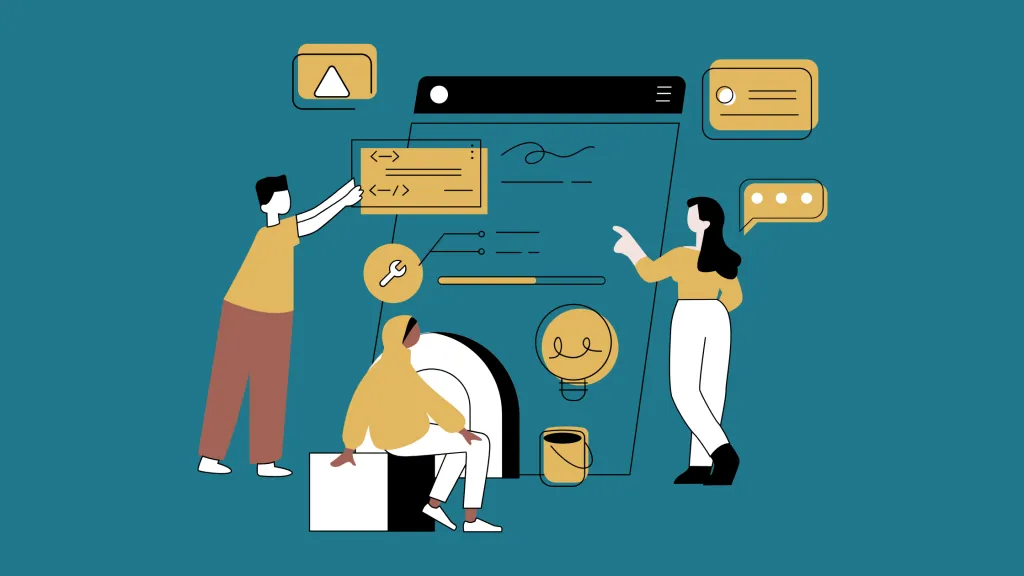Did you know it is Stress Awareness Month? Stress can be incredibly challenging for people to cope with, especially in high pressure, fast paced work environments. It can cause long term illness, massively impact an individual’s productivity, and impact their performance and wellbeing in the workplace.
Work can be one of the most common, most significant contributors to a person’s stress levels, so we’re considering if employers should provide tools for helping their workforce manage their mental health and how they could implement strategies to help tackle the issue. Legally speaking, all employers have a duty of care towards their staff. Employers must ensure the working environment is safe for all employees, there are procedures in place to prevent and protect staff from discrimination, and that reviews on best practises are carried out regularly.
When it comes to offering and establishing further support and taking additional steps to helping staff with stress or mental health problems, there are many options available. One of the first, basic steps a business can take is to open communication between the workforce and management teams, where employees can communicate if and how they might be struggling. Plans can then be created to offer employees reasonable adjustments to support them. This could range from offering them flexible work opportunities to considering a re-distribution of responsibilities.
Opening up the opportunity to communicate about ongoing issues and tackle any stigma surrounding mental health will help employees feel supported enough to raise issues in the future and to ask for help when they need to. Monthly wellbeing check ins between team members and managers are a good practise to implement to provide ongoing point-of-contacts and keep up to date with each employee. It also gives managers a chance to give feedback, acknowledge individual successes, and appreciate the progress someone might have made.
Investing in workplace education programs could arm a workforce with the knowledge, skills, and good practises that help them to identify when they or a coworker might be struggling and what solutions or actions they could follow to address any problems. There are many options available to businesses looking to introduce elements of mental health and wellbeing education into their best practises; either seeking out a third-party organisation to create and monitor the program or building a bespoke system within the company.
An intuitive, discreet method for supporting employee mental health is to provide direct access to mental health services at any time, with as few questions and limitations as possible. This could be done by offering funding or financial assistance for employees seeking private healthcare or by introducing an onsite mental health professional for staff to contact for help. Partnering with an organisation to provide online and in-person access to a range of therapies and councillors is also a good option.
While maintaining and caring about team members’ mental health and wellbeing should be a priority from an empathetic point of view, it is critical when looking to ensure the smooth operation if any business. Poor employee mental health will lead to poor professional performance, especially in any public or client facing roles. This will ultimately have an impact on the performance of the business and could risk potential and critical profits.
In the age of the ‘Great Resignation’, it is important to keep your knowledgeable and skilled employees within your company structure, even if their performance may have dipped because of stress. Offering tangible support will make employees feel acknowledged and appreciated, two elements of employment that are crucial to retaining important team members.
In conclusion, it is important to provide employees with the support they might need to manage and protect their mental health. This can range from having empathetic, communicative HR processes to introducing free or funded access to professional mental health services. It is all about finding the right solution for your team.














































































































































